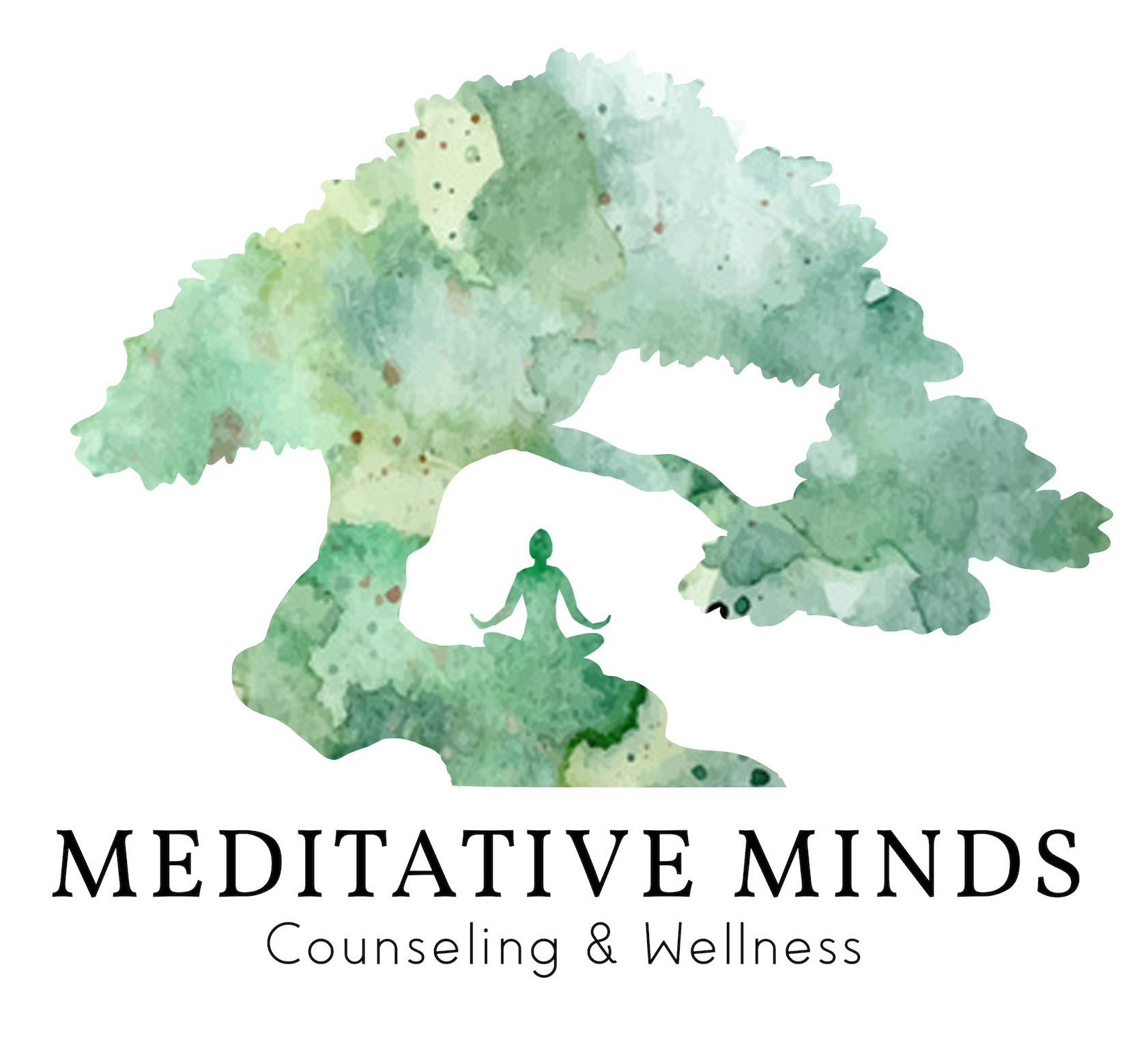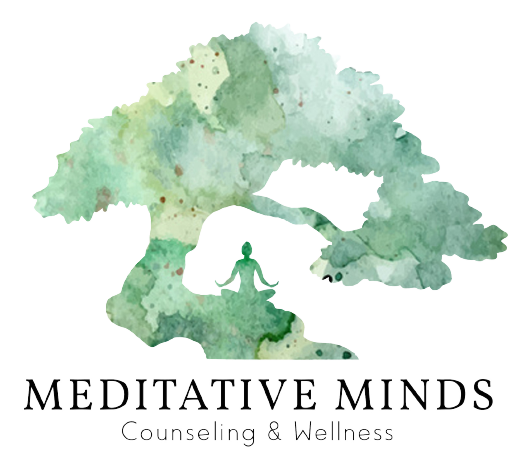Couples therapy, often referred to as marriage or relationship counseling, has gained significant prominence in recent years. As societal norms evolve, the acknowledgment of the complexities within relationships has led many individuals to seek professional guidance to navigate the challenges they face.
This blog aims to explore the transformative power of couples therapy and help you determine if you’re ready to embark on this impactful journey.
Understanding Couples Therapy
Couples therapy is a specialized form of psychotherapy designed to help couples recognize and resolve conflicts within their relationship. Unlike individual therapy, couples therapy focuses on the dynamics between partners, aiming to enhance communication, understanding, and intimacy. The primary goal is to foster a healthier relationship and equip couples with the tools to navigate challenges effectively.
Signs That You Might Need Couples Therapy:
- Communication Breakdown: One of the first signs that couples therapy may be beneficial is a breakdown in communication. If you find yourselves constantly arguing, unable to express your thoughts or emotions, or feeling misunderstood, seeking professional guidance can offer a fresh perspective on communication patterns.
- Recurring Conflicts: Every relationship encounters conflicts, but when the same issues resurface repeatedly without resolution, it may indicate deeper underlying problems. Couples therapy provides a structured environment to address these recurring conflicts and explore potential solutions.
- Emotional Distance: If you and your partner feel emotionally distant, disconnected, or if there’s a lack of intimacy, couples therapy can help identify the root causes and work towards rebuilding emotional bonds.
- Trust Issues: Trust forms the foundation of any healthy relationship. If trust has been compromised due to infidelity, deception, or other breaches, couples therapy can guide the process of rebuilding trust and restoring the relationship.
- Life Transitions: Major life transitions such as marriage, parenthood, or career changes can strain a relationship. Couples therapy can assist in navigating these transitions, ensuring that both partners feel supported and understood during times of change.
The Transformative Power of Couples Therapy
-
Improved Communication Skills
Couples therapy goes beyond merely addressing conflicts; it actively enhances communication skills. Therapists offer valuable tools and techniques, enabling partners to articulate their needs, engage in active listening, and communicate more effectively. This comprehensive approach fosters a profound understanding between partners, creating a foundation for improved empathy and connection within the relationship.
-
Understanding Patterns and Triggers
An integral aspect of couples therapy involves unraveling destructive patterns and triggers within the relationship. Therapists guide partners in recognizing and addressing these detrimental cycles, empowering couples to break free from negative behaviors. This newfound awareness paves the way for a more positive and supportive dynamic, allowing couples to navigate challenges with resilience and understanding.
-
Conflict Resolution Strategies
Couples therapy is an invaluable resource for equipping partners with essential conflict resolution strategies. Learning to handle disagreements constructively is pivotal for the longevity of a relationship. Through therapy, couples gain the skills needed to foster compromise and mutual understanding, promoting a healthier and more resilient partnership.
-
Rebuilding Trust
Trust forms the bedrock of any successful relationship, and couples therapy provides a structured environment to address trust issues. Therapists guide couples through open and honest conversations about the root causes of broken trust, offering a pathway towards rebuilding this delicate foundation. With the right guidance, couples can work together to restore trust and fortify their connection.
-
Rediscovering Intimacy
Emotional and physical intimacy are integral components of a thriving relationship, and couples therapy serves as a catalyst for rediscovery. By addressing barriers to intimacy, partners can explore and reignite the emotional and physical connection that may have faded over time. Through therapeutic interventions, couples can create a more vibrant and fulfilling bond, fostering a sense of closeness and mutual affection.
-
Individual Growth and Self-Discovery
Successful relationships often require individual growth, and couples therapy provides a platform for self-discovery. Partners engage in a process of introspection, gaining a deeper understanding of themselves. This newfound self-awareness allows individuals to contribute more positively to the relationship, fostering an environment of mutual growth and support within the partnership.
Are You Ready for Couples Therapy?
Making the decision to pursue couples therapy is a significant step, and readiness plays a crucial role in the success of the process.
Here are key considerations to help you determine if you’re prepared for couples therapy:
- Willingness to Change: Couples therapy hinges on a joint commitment to change and personal growth. When both partners embrace self-reflection and actively make necessary adjustments, the therapeutic process becomes a fertile ground for transformative breakthroughs, fostering a more profound and enduring connection.
- Commitment to the Process: Achieving success in couples therapy demands dedication and time. Regular sessions, coupled with active participation and the conscientious implementation of suggested strategies, form the bedrock of positive outcomes. Commitment to the process ensures that the therapeutic journey becomes a meaningful and effective exploration of the relationship.
- Mutual Consent: For couples therapy to yield its intended benefits, both partners must willingly consent to participation. Coercion or reluctance from one partner may compromise the therapeutic effectiveness, emphasizing the importance of mutual agreement to engage in the process wholeheartedly.
- Realistic Expectations: Couples therapy is a nuanced process that defies quick fixes. Realistic expectations, coupled with patience and understanding, are vital for navigating the therapeutic journey. Acknowledging that results may take time to manifest underscores the significance of a long-term perspective for lasting success.
- Openness to Vulnerability: A cornerstone of effective couples therapy lies in the willingness to be vulnerable and transparent about one’s innermost thoughts and emotions. When both partners embrace openness, sharing vulnerabilities becomes a powerful catalyst for building a deeper emotional connection and mutual understanding within the relationship.
Conclusion
Couples therapy has the transformative power to revitalize relationships, strengthen emotional bonds, and equip partners with the tools to navigate life’s challenges together.
Recognizing the signs that indicate a need for therapy and assessing your readiness to embark on this journey are crucial steps toward building a healthier and more fulfilling relationship.
If you find yourself facing persistent challenges in your relationship, couples therapy may offer the support and guidance needed to foster positive change and lasting happiness.


